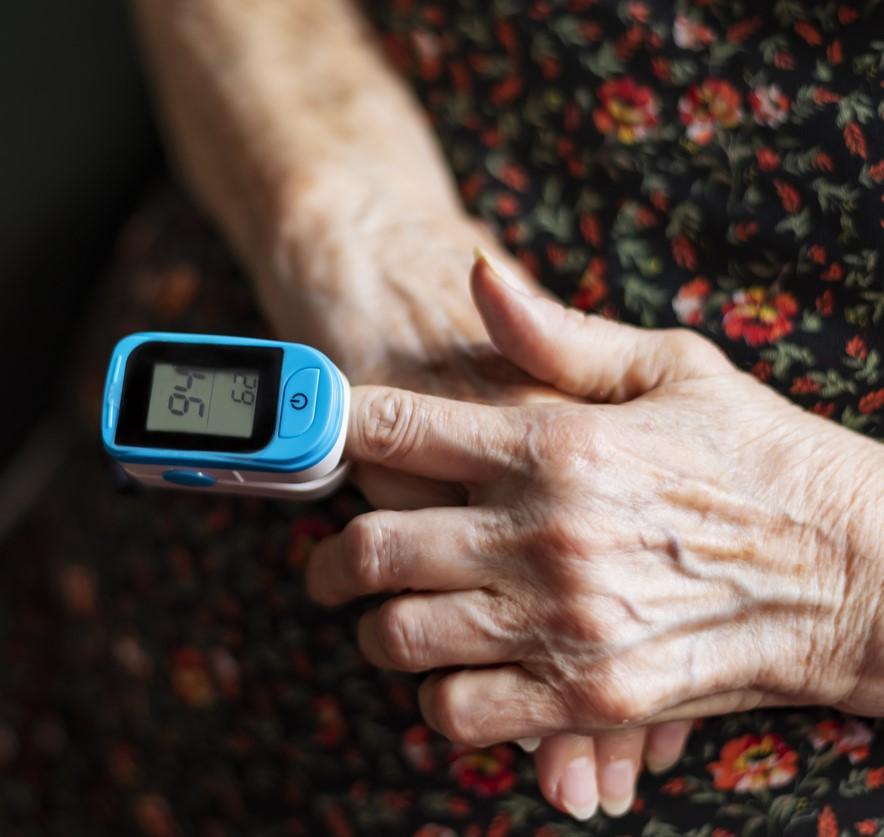If you suspect that your oxygen levels are decreasing, it’s important to take action promptly. Low oxygen levels, known as hypoxemia, can be a serious medical concern and require immediate attention. Here’s what you should do:
Seek Medical Help:
- If you’re experiencing symptoms of low oxygen levels, such as shortness of breath, rapid breathing, confusion, bluish lips or fingertips, or chest pain, it’s crucial to seek medical attention immediately. Call emergency services or visit the nearest hospital.
- Use Supplemental Oxygens: If you have been prescribed supplemental oxygens by a healthcare professional, use it as directed. Oxygens therapy can help raise your oxygens levels and improve your breathing. Never adjust the flow rate of oxygens without consulting a doctor.
- Positioning: Sit or lie down in a comfortable position that allows you to breathe more easily. Avoid activities that can strain your breathing further.
- Stay Calm: Anxiety and panic can exacerbate breathing difficulties. Tr
- y to stay calm and focus on your breathing. Slow, deep breaths can be helpful.
- Avoid Smoking and Pollutants: Stay away from smoke, pollutants, and other irritants that can worsen respiratory symptoms. If you’re a smoker, consider quitting or reducing smoking.
-
Stay Hydrated: Drink water to keep yourself hydrated. Proper hydration can help thin mucus and make it easier to breathe.
- Monitor Symptoms: Keep an eye on your symptoms and oxygen levels if you have a portable pulse oximeter. This device can measure your blood oxygens saturation levels. However, remember that it’s not a replacement for professional medical evaluation.
- Follow Doctor’s Advice: If you’ve been diagnosed with a medical condition that causes low oxygen levels, follow your doctor’s advice and treatment plan. This may include medications, lifestyle changes, or additional medical interventions.
- Address Underlying Causes: It’s important to address the underlying causes of low oxygens levels. Conditions such as lung diseases, heart problems, anemia, and others can contribute to hypoxemia. Treating the root cause is essential for long-term management.
Remember, low oxygen levels can indicate a serious medical condition, and self-care measures might not be enough to address the issue. Seeking medical attention and following your doctor’s recommendations are crucial steps in managing low oxygen levels effectively.



